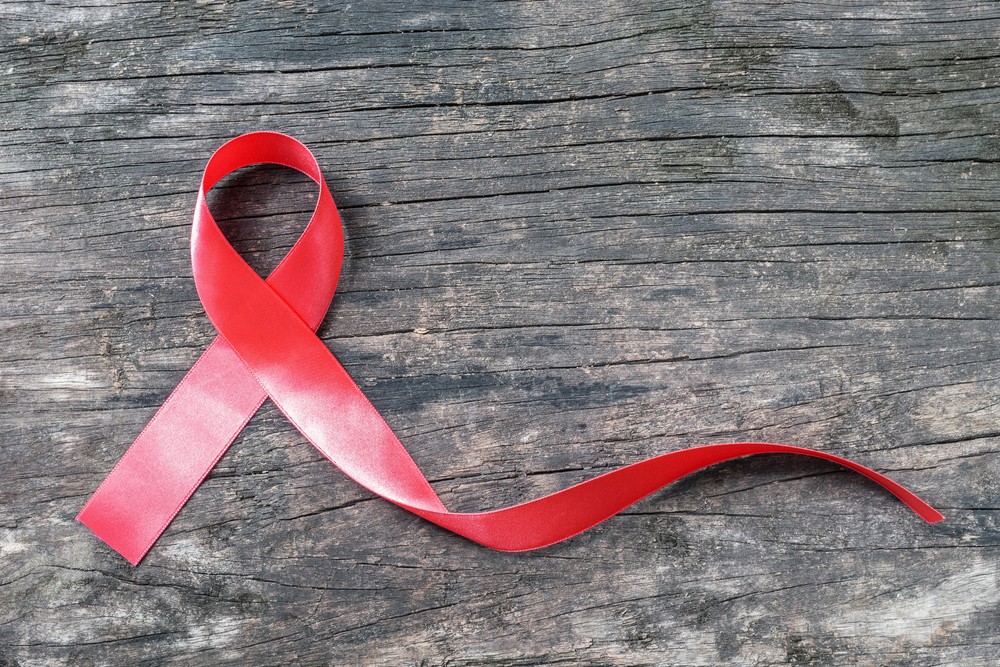Popular Reads
Top Results
Can't find what you're looking for?
View all search resultsPopular Reads
Top Results
Can't find what you're looking for?
View all search resultsPeople who live with AIDS in Jakarta increasing: KPAP
Change text size
Gift Premium Articles
to Anyone
T
he number of people living with AIDS in Jakarta has gone up by 563; from 8,093 in December 2015 to 8,656 in December 2016, data from the Jakarta chapter of the National AIDS Commission (KPAP) shows.
The KPAP head of prevention promotion for Jakarta, Kristina Suharto, said that this happened because there was still a lot of people infected with HIV who had not checked their status.
A lot of people are unaware they carry HIV and are reluctant to check their HIV status, she added.
“They don’t know that they are infected by HIV, and therefore they do not follow the ARV [antiretroviral] therapy. By the time they finally check themselves, they show symptoms of AIDS,” Kristina told The Jakarta Post on Wednesday.
However, Kristina said the organization was still optimistic they could stop the spread of HIV/AIDS in Jakarta by 2020.
(Read also: HIV/AIDS positive children left out in cold)
In 2016, the commission started a campaign through its program dubbed Fast Track City 2020-Ending The AIDS Epidemic.
The fast-track aims to ensure at least 90 percent of people living with HIV know their HIV status, that 90 percent of people diagnosed with HIV receive antiretroviral therapy and that 90 percent of people receiving antiretroviral therapy experience viral suppression by 2020.
The Health Ministry has estimated that there are currently 92,920 HIV cases in Jakarta. In 2015 they had identified 47,440 cases and predicted that the rest would be confirmed by 2020.
“Until then we encourage people to check themselves so we can identify the HIV infected who haven’t learned about their status,” Kristina said. (hol)










